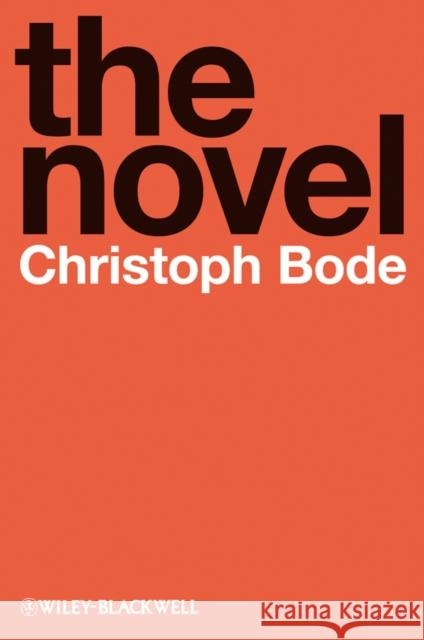The Novel: An Introduction » książka
topmenu
The Novel: An Introduction
ISBN-13: 9781405194471 / Angielski / Miękka / 2011 / 312 str.
This is an engaging introduction to the novel and narrative theory that will deepen readers' understanding and enhance their appreciation and enjoyment of this popular genre.
- Provides readers with the critical tools to become expert narratologists and more insightful readers
- Reflects on the rise of world literature, with examples drawn from Spanish, French, Italian, German, Scandinavian, and Russian novels for analysis or illustration, as well as works from English and American literature
- Featured topics include the handling of space and time in the novel, narrative situations, literary symbols, and gendering











